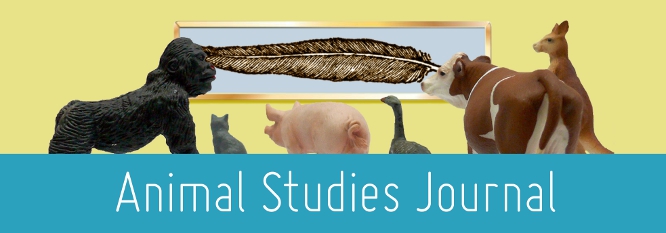Home > assh > ASJ > Vol. 12 (2023) > No. 2

Abstract
‘Extinction is a colossal problem facing the world’ proclaims the Colossal Laboratories & Biosciences website, adding, ‘And Colossal is the company that’s going to fix it’. For Colossal, this involves combining the science of genetics with ‘the business of discovery’ in order to bring back the woolly mammoth, which will not only help ‘rewild’ lost habitats, but also contribute toward ‘making humanity more human’. De-extinction is the process through which extinct species can be brought back into existence, often with the goal of reintroducing species to the wild and restoring ecosystems. While still in its nascent state, the science of de-extinction is currently expanding and advancing through, for instance, projects like Colossal’s, raising numerous ethical, social and technological debates about what defines a species, and thus its regeneration; how such definitions shape conservation paradigms; and, ultimately, what we mean when we talk about life, death and species extinction. With their commitment to ‘reversing climate change’ while also ‘advanc[ing] the economies of biology and healing through genetics’, Colossal’s work has not only been deemed ‘game-changing’ in terms of “saving” endangered species, but also in terms of ‘future proofing’ the environment by reshaping how the world thinks about the power of genetics for solving pressing challenges in the life sciences today, including the challenge of extinction. In this de-extinction example, then, the problem of extinction is actualized in relation to solutions aimed at enacting further control over the planet, this time by ‘rewinding’ and ‘reversing’ ecological destruction, so as to fix the human-caused disaster, and in so doing, fix the future. In this essay, I trace the line between ‘the business of discovery’ and ‘making humanity more human’ in order to draw out what I see as some of the broader refrains and fixations that have come to infect future-oriented ecological discourse in these times of dying. Looking to the example of Colossal, I examine the ways in which extinction, and the corollary project of de-extinction, has become at once a territorializing force that works to re-install monohumanist fantasies of planetary control, and a potentially deterritorializing force for letting go and giving up.
Recommended Citation
beier, jessie l., No Going Back: Un-Fixing the Future of De-Extinction, Animal Studies Journal, 12(2), 2023, 163-189.Available at:https://ro.uow.edu.au/asj/vol12/iss2/9
Included in
Animal Sciences Commons, Biotechnology Commons, Feminist, Gender, and Sexuality Studies Commons, Legal Studies Commons, Philosophy Commons, Political Science Commons

